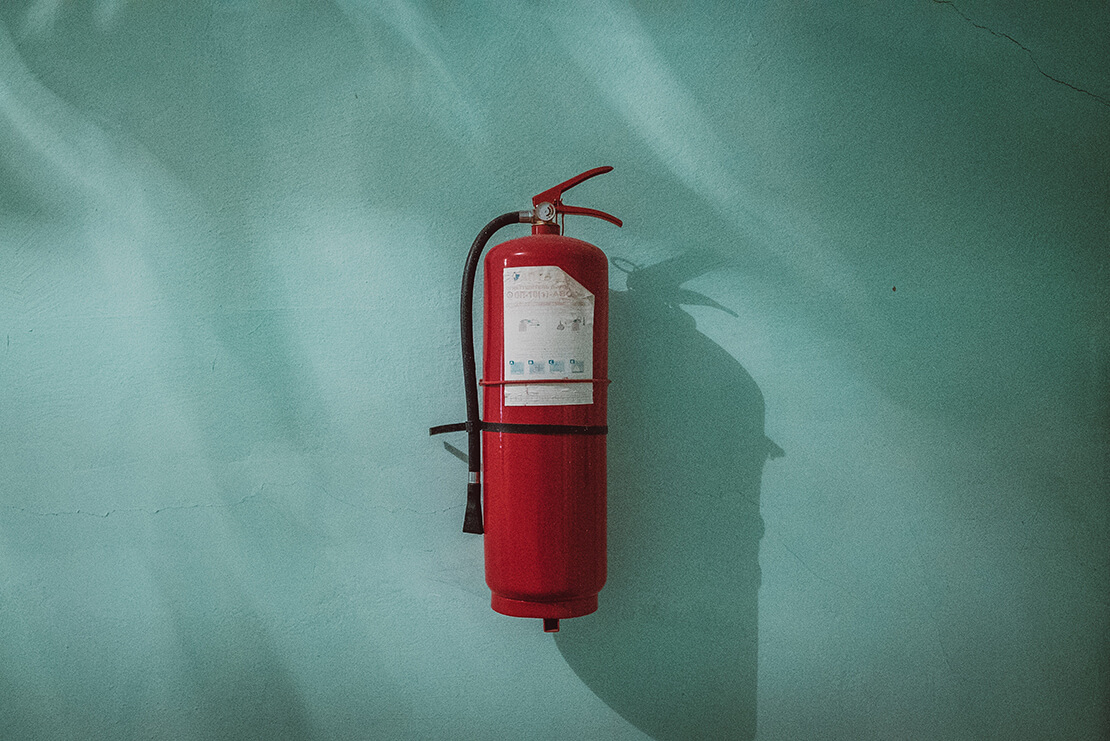If your home has been destroyed or damaged by a fire, you are likely feeling overwhelmed. It can be difficult to know where to start when it comes to cleaning up and rebuilding, but Mr. Cooper is here to help. Here’s what to do after a house fire (and for more information, consult the American Red Cross Guide to Fire Recovery).
1. Take Care Of Yourself
Your health and the health of your loved ones is the most important thing after a house fire. Contact a doctor or health specialist immediately if you have any of the following symptoms: persistent coughing, wheezing, vomiting, fever or elevated body temperature, or difficulty breathing. Any of these symptoms could indicate smoke inhalation problems.
2. Contact Your Insurance Company
You should contact your insurance company as soon as possible and speak to an agent to request that someone from your insurance company be present at the walk-through of your home with fire officials. In order to find out what your insurance policy can cover, it’s ideal to have your insurance company involved at every step throughout the process.
3. Contact Your Loved Ones
Talk with your friends and family about what has happened, because there might be resources available to you among family and friends in the short term — and they’ll want to know that you are safe. Notify the people you have on your emergency contact list, especially if you move to temporary housing, as well as the postal service, your utility companies, your banks, your credit card companies, the social security administration, your employers, your children’s schools, and your neighbors.
4. Ask For Help
Think of the things that you and your family need immediately, and contact these groups for assistance: civic organizations, your insurance provider, nonprofit crisis counseling centers, religious organizations, your local humane society, the Salvation Army, the Department of Social Services, and the Red Cross.
5. Find Temporary Housing
Depending on what your insurance policy covers, you may find yourself living in temporary housing like a hotel, a crisis shelter, or with family or friends. The Red Cross offers an online directory of disaster shelter locations if you’re looking for a place to stay. Fill out this temporary housing data sheet to keep all of your temporary housing details organized in one place.
6. Track Your Expenses
Keep careful track of your expenses so that you can easily provide your insurance company with receipts for potential reimbursements, depending on your policy. Remember to include dates and times, and if you’re using a credit card, keep all of your receipts with each of your monthly statements.







